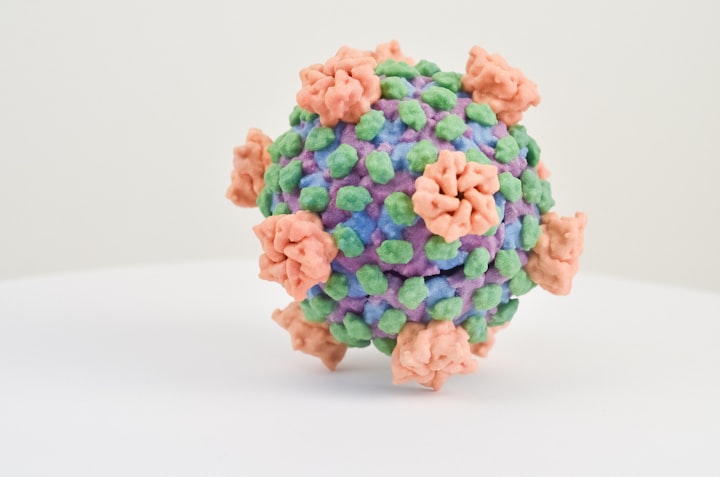diarrhea
Having loose stools three or more times a day is called diarrhea.
diarrhea
Identify, diagnose, manage and refer dangerous diseases.
Advise on proper care (fluid intake, referral etc.)
Advise on disease prevention.
The provider will follow Diarrhea (IMCI Protocol).
#diarrhea
Having loose stools three or more times a day is called diarrhea. Diarrhea is a serious disease. This disease is usually food
It is spread through drinking. When this disease occurs, salt and water are usually removed from the body. Timely treatment of patients
is cured. If complications occur, the patient may die.
service provider
Ask the mother if the child is suffering from diarrhea after checking for cough or shortness of breath. Frequent bowel movements
It is called diarrhea. Accept the definition of diarrhea given by the mother. Mothers usually report that their child has diarrhoea
suffering Remember that frequent small stools in young children are not 'diarrhea'.
Diarrhea: Causes and Symptoms
The causes of diarrhea are many but the main causes in our country are – Contaminated drinks and food.
Signs and Symptoms:
Frequent bowel movements.
Nausea may even lead to vomiting.
stomach ache
The strength or strength of the arms and legs will decrease, feeling weak.
Abdominal skin will become loose.
The eyes will sit.
In children, the scalp will sit.
The vein will settle.
Excess water will cause thirst.
To be done during service
The provider will advise the parent of a child with diarrhea to give the child oral saline at home. If that works too
No i.e. the child's physical condition does not improve but the UPHCP-II center is referred for treatment.
will advise for If the case is chronic or complicated then the patient is treated higher
Will refer to health center with health facilities. Ways of prevention
Two hands are good before preparing food, before serving food, before eating, coming from the closet, coming from outside
Wash with soap and water.
Extra fingernails should be trimmed to make hand washing effective.
Clean water should be used for all drinking and cooking purposes.
Assess or check for dehydration in all children with diarrhoea, dysentery and prolonged diarrhoea.
Dehydration, dysentery, or prolonged diarrhea do not need to be diagnosed in the absence of diarrhea.
Treatment method
If the child is not dehydrated, check the child according to Appendix 6 for the treatment of diarrhea at home
Teach mothers how to treat a child with diarrhea at home using the following treatment methods.
The provider explains to the mother the following three rules (The Three Golden Rules) for treating diarrhea at home
day
Rule-1. Give the child more fluids than usual to prevent dehydration:-
Feed saline (ORS) or recommended liquid diet. Such as dal water, daber
Water, spring water, salt-molasses or salt-sugar syrup. If not possible, just add water. Saline packet
(ORS) Start the child on normal food saline.
Let the child eat as much of these liquid foods as he wants. All these fluids until the diarrhea stops
Continue feeding.
Rule-2. Give the child plenty of food to prevent malnutrition-
If the baby is getting used to breast milk, continue feeding breast milk more often than usual.
If the baby is not breastfed, feed the food he eats more often than before.
If the child is more than 6 months old or less than 6 months old and is fed solid food-
Give the child sugary foods. If possible, accompany the meal with pulses, vegetables, meat or fish
Mix it.
Mix 1-2 teaspoons of cooking oil every time you cook baby food.
Add fresh fruit juice or a ripe banana to compensate for potassium deficiency.
Give the child cooked food. After boiling well, let it be eaten quickly.
Encourage the child to eat. Eat at least 6 times a day.
Continue to give the same food even after the diarrhea stops and feed once a day for at least 2 weeks.
Rule-3. If there is no improvement in his condition within 3 days or any of the following symptoms appear
Take it to the nearest hospital or health worker.
Frequent or excessive bowel movements
Frequent vomiting
If very thirsty
If not taking food and drink normally.
If you have a fever.
If there is blood in the stool.
If suffering from serious illness.
About the Creator
Healthy Voice86
Start writing...







Comments (1)
Thank you so much